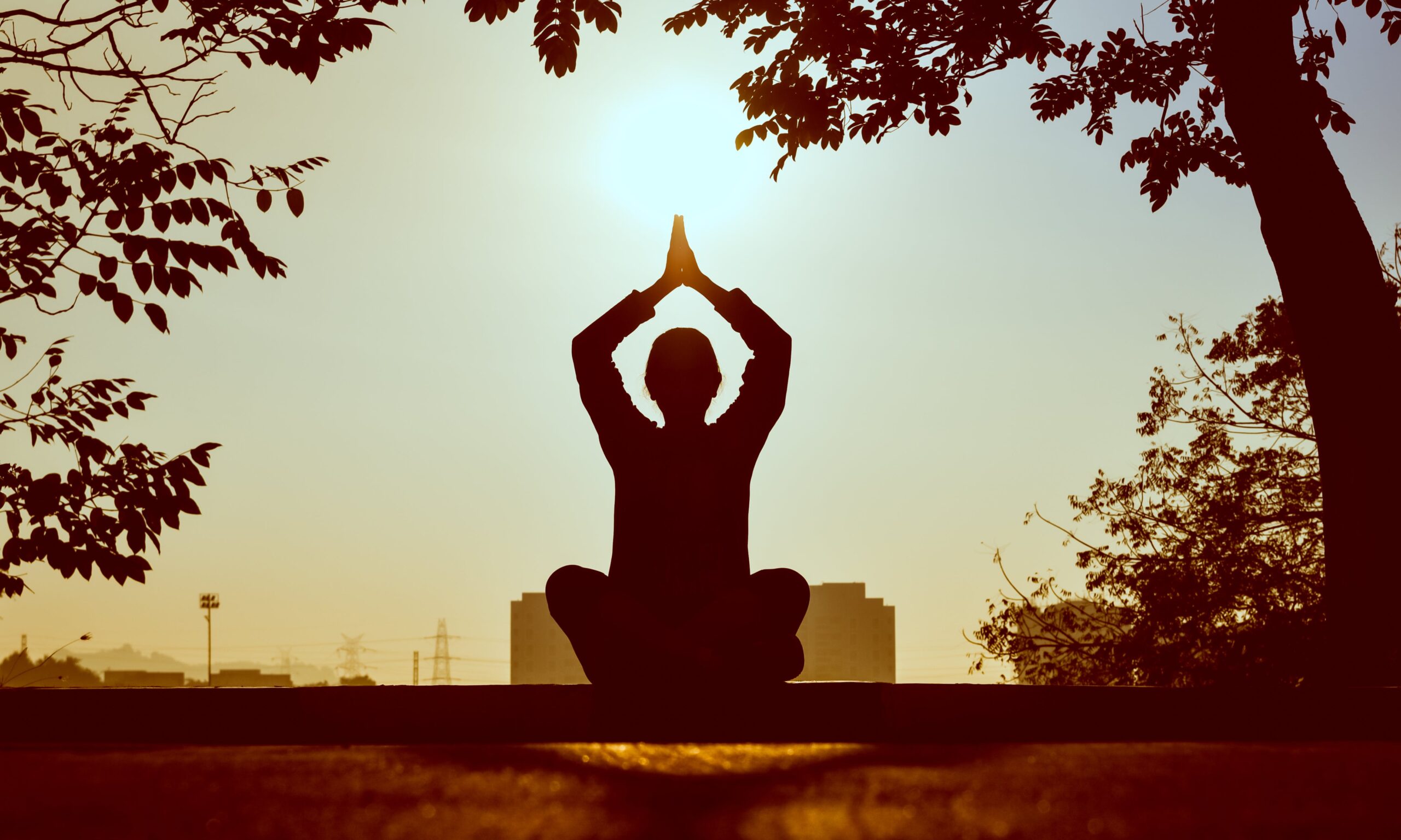Exploring the Eight Limbs of Yoga for Holistic Well-being
In recent years, yoga has gained immense popularity not only for its physical benefits but also for its ability to bring about holistic well-being. Often seen as just a way to stretch and tone the body, yoga actually encompasses a much broader philosophy that goes beyond the physical postures. This philosophy, known as the Eight Limbs of Yoga, provides a roadmap to a balanced and harmonious life. In this article, we will delve into these Eight Limbs and explore how they can enhance your overall well-being.
Yamas: The moral principles
The first limb of yoga, Yamas, serves as a guide to ethical living. It consists of five moral principles: Ahimsa (non-violence), Satya (truthfulness), Asteya (non-stealing), Brahmacharya (moderation), and Aparigraha (non-possessiveness). Practicing these principles fosters positive relationships, integrity, and compassion towards oneself and others.
Niyamas: Personal observances
Niyamas, the second limb, focuses on personal observances that promote self-discipline and inner growth. These observances include Saucha (cleanliness), Santosha (contentment), Tapas (discipline), Svadhyaya (self-study), and Ishvara pranidhana (surrender to a higher power). By cultivating these qualities, we nurture self-awareness, gratitude, and spiritual connection.
Asanas: Physical postures
When we think of yoga, the physical postures, or asanas, immediately come to mind. These postures not only improve flexibility, strength, and balance, but also promote mindfulness and concentration. Regular practice of asanas can help alleviate physical ailments and create a sense of physical well-being.
Pranayama: Breath control
Pranayama, or breath control, focuses on regulating our breath to enhance energy flow and deepen our connection to the present moment. This limb teaches us various breathing techniques that calm the mind, reduce stress, improve concentration, and boost vitality. Through conscious breathing, we become more in tune with our bodies, fostering well-being on a deeper level.
Pratyahara - Withdrawal of the Senses
Pratyahara involves withdrawing our senses from external distractions and turning our attention inward. By limiting our exposure to external stimuli, we cultivate focus, concentration, and introspection. This practice allows us to observe our thoughts, emotions, and sensations without judgment, fostering mental clarity and reducing stress.
Dharana - Concentration
Dharana refers to the practice of concentration. Through focused attention on a single point or object, we develop mental discipline, sharpen our focus, and cultivate a calm and stable mind. Dharana brings clarity, enhances our ability to make decisions, and promotes a sense of well-being by helping us stay present and attentive.
Dhyana - Meditation
Dhyana is the state of meditation, where the mind is calm, centered, and fully present. This limb encourages us to cultivate mindful awareness, observe our thoughts, and develop a deep connection with our inner selves. Regular meditation practices have shown numerous benefits, including reduced stress, improved mental health, increased self-awareness, and a profound sense of well-being.
Samadhi - Blissful Union
Samadhi, the final limb of yoga, is often described as a state of blissful union or enlightenment. It is the ultimate goal of yoga practice, where the practitioner transcends individual identity and experiences a profound connection with the universal consciousness. Although challenging to achieve, even glimpses of Samadhi along the journey bring moments of profound peace, clarity, and well-being.
Incorporating the eight limbs of yoga into our lives offers a balanced and holistic approach to well-being. By cultivating moral principles, self-discipline, physical postures, breath control, sensory withdrawal, concentration, meditation, and ultimately experiencing unity, we embark on a transformative journey that can enhance our physical, mental, and spiritual well-being. Embracing the Eight Limbs of Yoga helps us find harmony within ourselves, fostering holistic well-being in all aspects of life.

